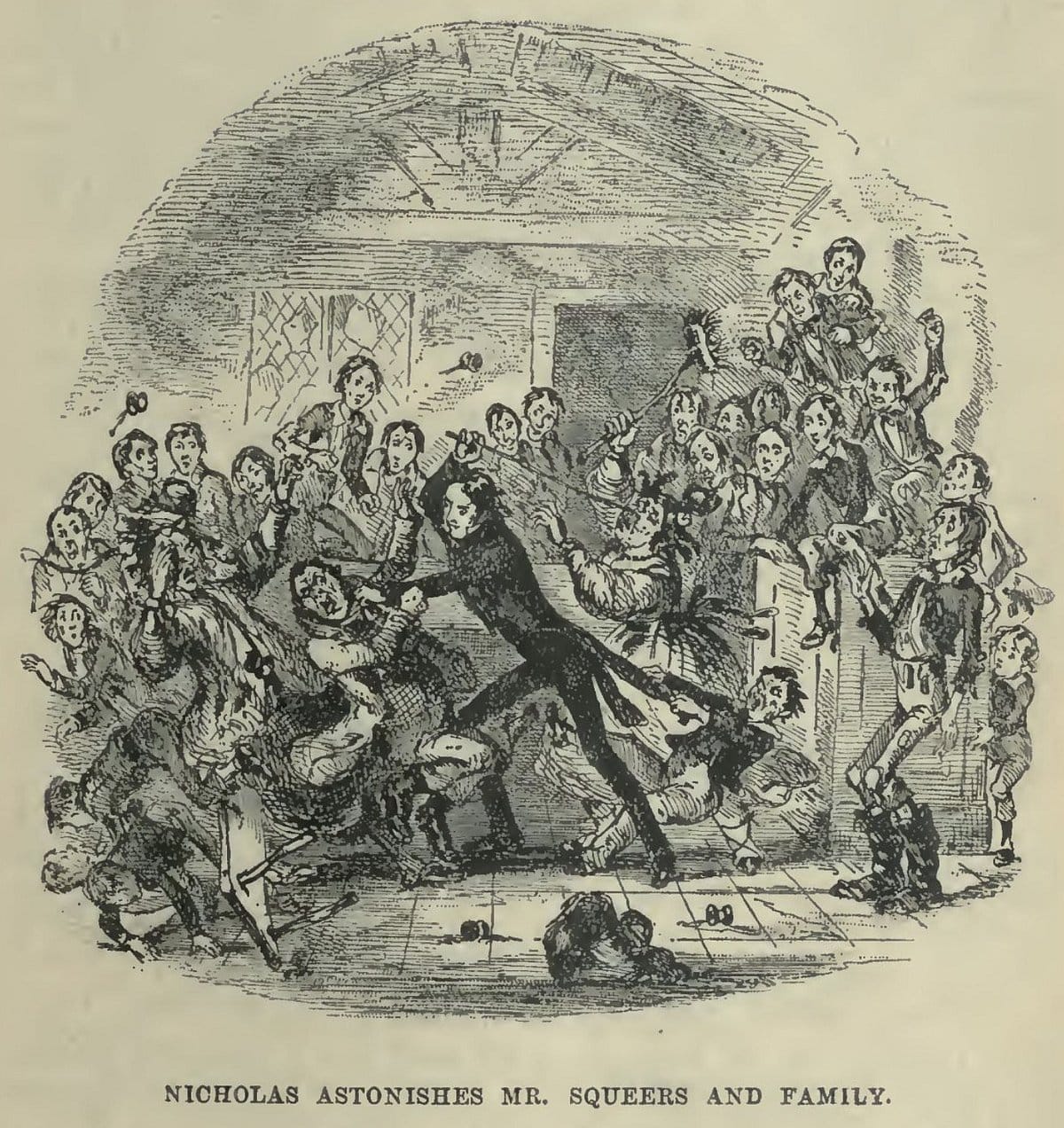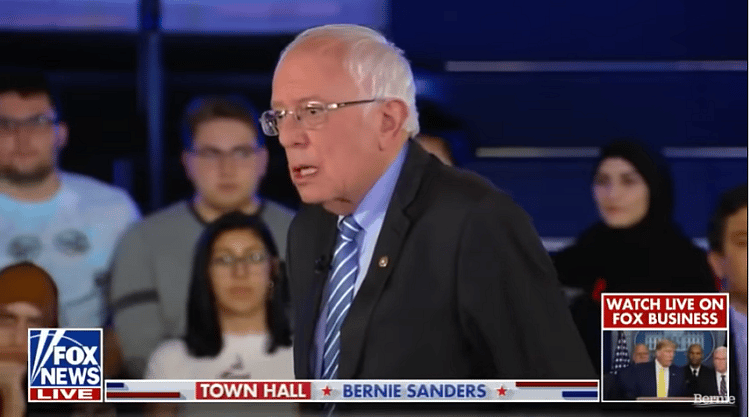Charles Dickens At His Near-Best — Book Review of Nicholas Nickleby

I love almost everything that Charles Dickens (1812-1870) ever wrote He was a man of enormous talent and energy. Remarkably, by the age of 27, he had already written three excellent books – Pickwick Papers, Oliver Twist, and Nicholas Nickleby.
In fact, he wrote Oliver Twist and Nicholas Nickleby almost simultaneously, publishing them at the age of 26 and 27, respectively. He began Oliver Twist in February 1837 and finished it two years later in April 1839. Nicholas Nickleby was begun in March 1838 and completed in September 1839.

